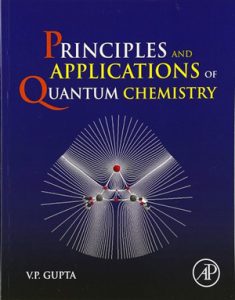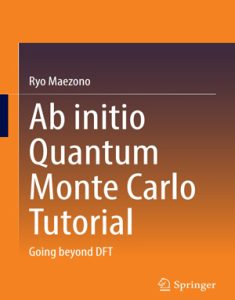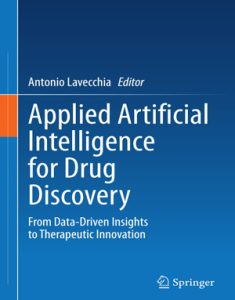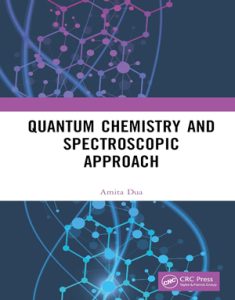
PSI4 Quantum Chemistry software free download and PSI4 can perform ab initio computations employing basis sets of contracted Gaussian-type functions of virtually arbitrary orbital quantum number. Many parts of PSI4 can recognize and exploit the largest Abelian subgroup of the molecular point group. Table Methods displays the range of theoretical methods available in PSI4.
Psi is an ab initio computational chemistry package. Utilizing Psi, one can perform a calculation on a molecular system with various kinds of methods such as Hartree-Fock, Post-Hartree–Fock electron correlation methods, and density functional theory. The program can compute energies, optimize molecular geometries, and compute vibrational frequencies.
Geometry optimization can be performed using either analytic gradients or energy points. Likewise, vibrational frequencies can be computed by analytic second derivatives, by finite differences of analytic gradients, or by finite differences of energies. PSI4 can also compute an extensive list of one-electron properties.
PSI4 Modules:
- Mukherjee State-Specific Multi-Reference Coupled Cluster (Mk-MRCC)
- Symmetry-Adapted Perturbation Theory (SAPT)
- Density Cumulant Theory (DCT)
- Configuration Interaction (CI)
- Coupled Cluster (CC)
- Orbital-Optimized Post-Hartree–Fock Methods
- Density Matrix Renormalization Group (DMRG)
- Scalar Relativistic Corrections
- Algebraic-Diagrammatic Construction methods (ADC)
- Hartree–Fock method
- Density functional theory
- Møller–Plesset perturbation theory
- Coupled cluster
- CASSCF
- Multireference configuration interaction methods
- Symmetry-adapted perturbation theory





